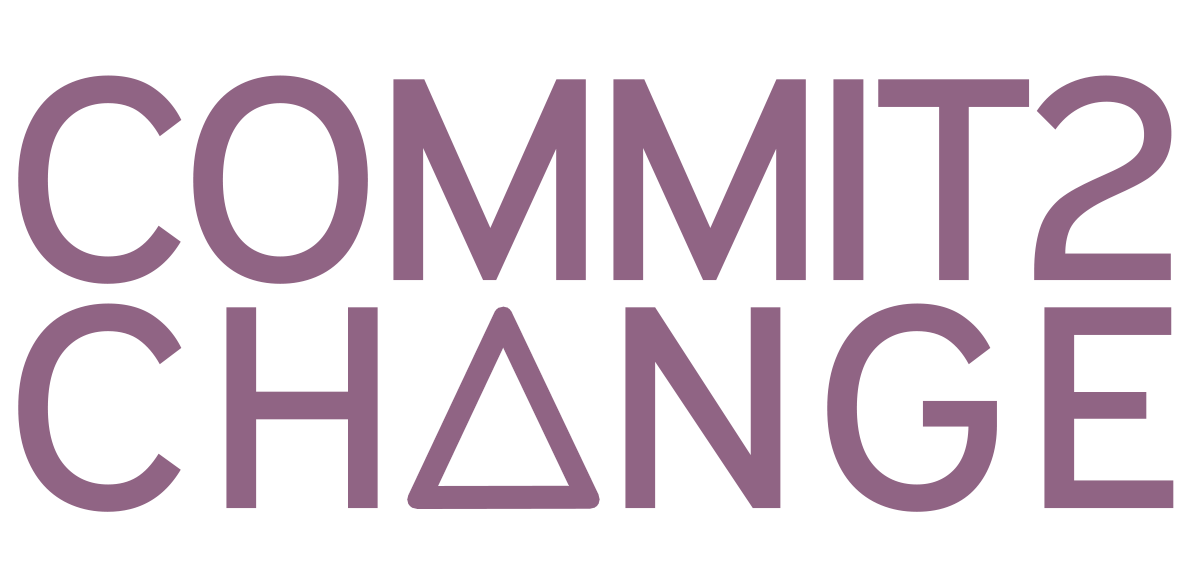“A good education can change anyone. A good teacher can change everything.”
For many students, the declaration of summer vacation brightens up their faces. They embrace the thought of fun time with family and friends, playing hide-and-seek, badminton, video games, and chess. But opportunities do not come the same way for each one of us. Girls from agricultural families often face a unique set of challenges in their educational journey.
It has been said, “When you educate a girl, you educate the whole family, society, and the nation.” This is what inspired me to throw some light on the hardships faced by these girls and the challenges encountered by teachers when they are back in school after summer vacations.
One of the primary obstacles these girls face is the prevalence of traditional gender roles and societal expectations within agricultural communities.
The pressure to conform to traditional roles and responsibilities—where the girls are expected to assist their families in various household chores, contribute to agricultural activities, and work tirelessly in the fields under the scorching sun—often leaves them with little time and energy to focus on their academic pursuits. This hinders their educational progress and overall development.
What unique challenges do both the girls and teachers face when returning to school after a long break?
Irregular Attendance: One of the primary challenges faced by teachers is irregular attendance after summer vacations. Girls from agricultural families often return late due to responsibilities at home, such as helping with harvest or tending to livestock. This irregular attendance can disrupt the flow of classroom instruction, making it difficult for teachers to ensure consistent learning for these students.
Knowledge Gap: Extended breaks from school can lead to a knowledge gap among students, particularly in subjects that require continuous learning. Girls may have limited exposure to educational resources during their vacations, which can affect their academic progress upon returning to school.
“As the school reopens after summer vacations, we need to put in a lot of effort in order to make the students recall and revise the previously taught content,” says Dhananjay Pathak, a C2C Tech Lab tutor. “We as teachers want our students to gain proficiency in what is taught. Especially for the students of agricultural family backgrounds, it becomes our responsibility to maintain the previous pace of learning to get back momentum after so long by coming up with a strategic schedule.”
Social and community problems, such as the pandemic, also affect the girls’ academic and extra-curricular continuity. “Students will face lack of continuity in their routine,” reports Trupti Shine, a senior Tech Lab tutor. “Their school routine can be further disrupted if there begins another outbreak. These uncertainties will affect their education, both in the short term and long term. It will also destabilize extra-curricular activities. Children will become reluctant to participate in co-curricular activities.”
Limited Access to Learning Resources: In many rural areas, access to learning resources may be limited. Girls may not have access to textbooks, reference materials, or the internet during their vacations. As a result, they may lack exposure to new information or updates in their subjects.
Socio-Cultural Pressures: Girls from agricultural backgrounds often face socio-cultural pressures that can affect their education. Traditional gender roles and expectations may discourage these girls from prioritizing their studies or pursuing higher education. “After this long gap, students may also find it difficult to get their socializing skills and rhythm back,” says Shine. “However, it is anticipated that with the passage of time, these difficulties and awkwardness will fade away. "
Language and Communication Barriers: In some agricultural communities, English or the language of instruction may not be the primary language spoken at home. This can create language and communication barriers for girls when they return to school after vacations.
By acknowledging and addressing these difficulties, teachers can create an inclusive and supportive learning environment for these students. Through effective communication, targeted remedial support, access to learning resources, challenging socio-cultural barriers, and addressing language barriers, educators can help girls from agricultural backgrounds thrive academically and unlock their full potential.
By investing in their education, we empower these girls to become catalysts for change within their communities and contribute to the advancement of agricultural and rural development.
Written by guest blogger Anjali Dubey, C2C Teacher

